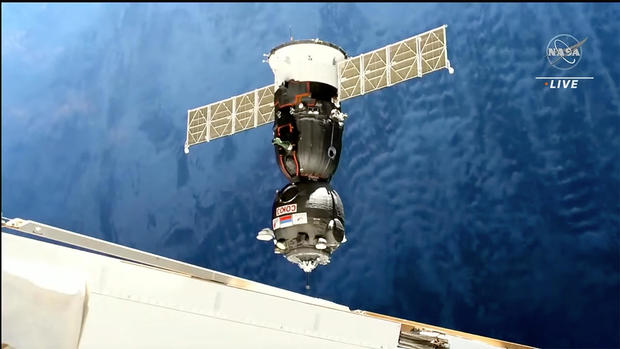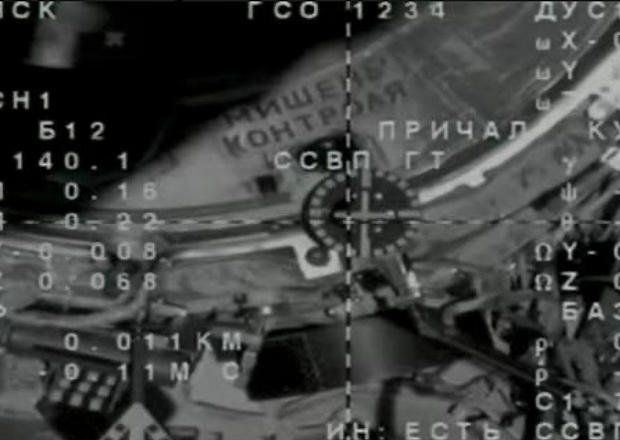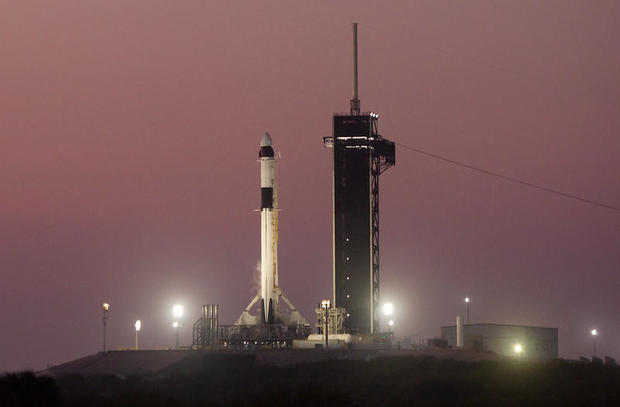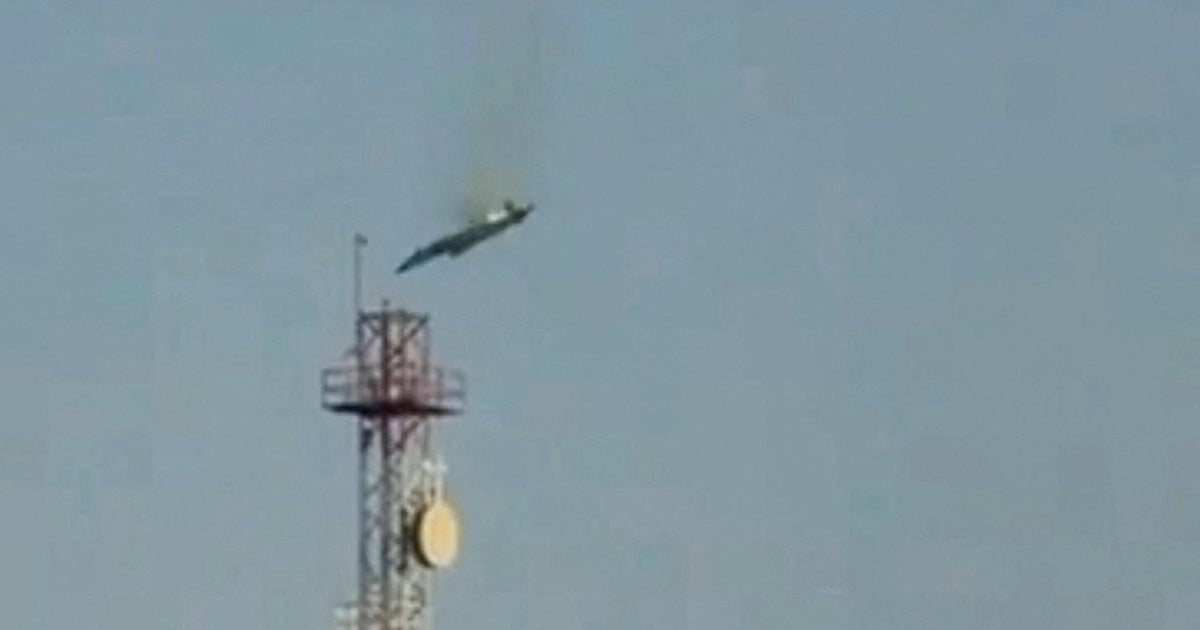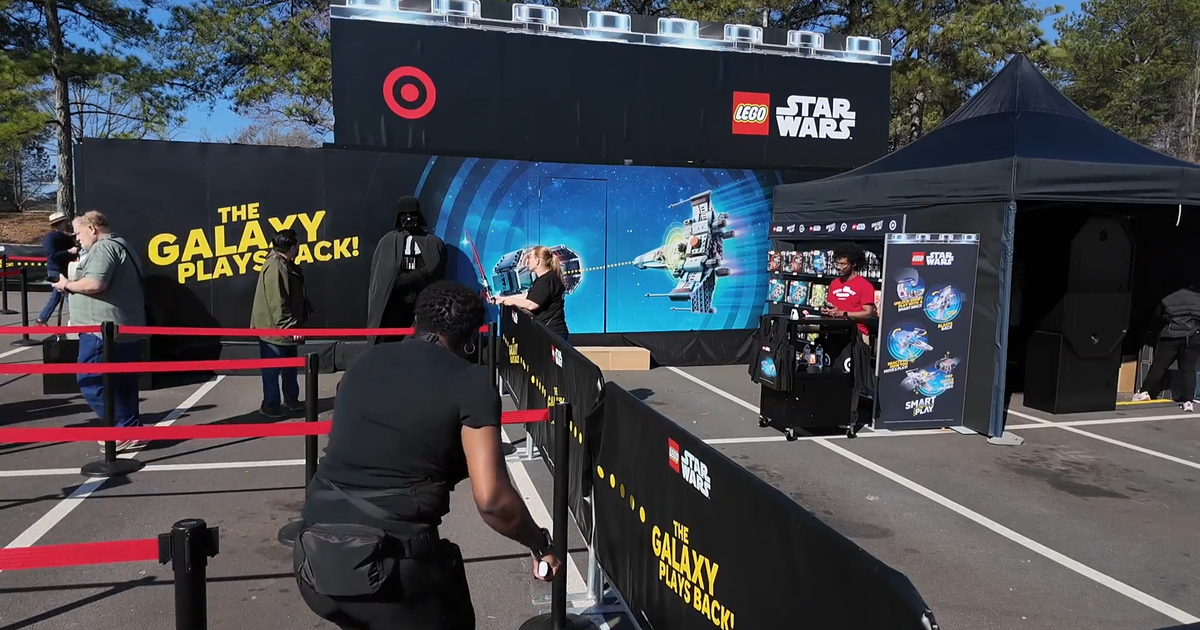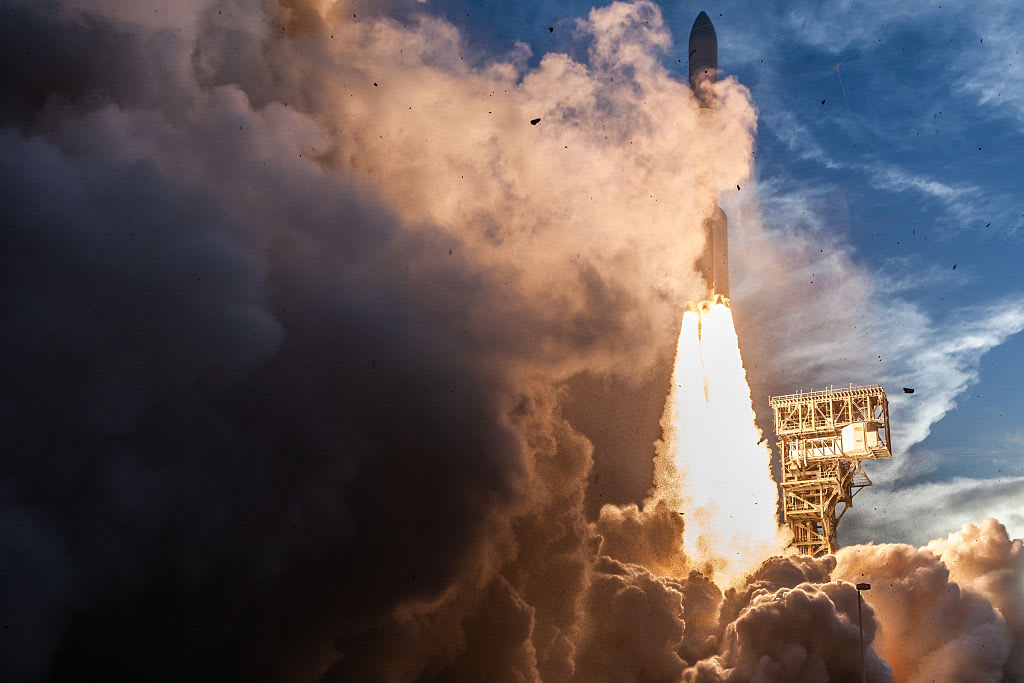Space station crew welcomes replacement Soyuz amid Crew Dragon launch preps in Florida
An unpiloted Russian Soyuz crew ship on Saturday carried out a flawless automated docking at the International Space Station to replace a damaged ferry ship, giving three of the lab's crew members a reliable lifeboat and a safe ride home at the end of an extended mission.
The picture-perfect docking was a major relief for U.S. and Russian planners in the wake of a micrometeoroid strike that disabled a Soyuz docked at the lab complex.
With the replacement spacecraft in place, NASA is now clear to press ahead with launch of a SpaceX Crew Dragon capsule early Monday from the Kennedy Space Center in Florida that will carry another four-man crew to the outpost.
Mission managers met Saturday evening for a formal Launch Readiness Review to close out a handful of open issues and voted to proceed with the countdown.
"We had a good review today. I thought it was very thorough, going through all the Falcon 9 systems, the (Crew) Dragon systems and ground systems," said Steve Stich, manager of NASA's Commercial Crew Program.
"Out of that Launch Readiness Review, we polled 'go' to proceed toward the launch. ... It's an exciting timeframe, and we're looking forward to good launch on Monday morning."
The Soyuz docking marked a major milestone, easing concerns about how to bring three station fliers safely back to Earth.
Launched from the Baikonur Cosmodrome in Kazakhstan on Thursday, the Soyuz MS-23/69S spacecraft, carrying supplies and equipment in place of a crew, guided itself to a picture-perfect automated docking at Russia's space-facing Poisk module at 7:58 p.m. ET.
The new Soyuz will replace the MS-22 vehicle that carried Sergey Prokopyev, Dmitri Petelin and NASA astronaut Frank Rubio into orbit last September.
They originally planned to return to Earth next month, but on Dec. 14, their Soyuz MS-22 vehicle was hit by a micrometeoroid that ruptured a line carrying coolant to external radiators. As a result, all the available coolant spewed out into space.
After an analysis, Russian engineers decided the spacecraft could not safely carry all three crew members back to Earth given the possibility that critical computers and other sensitive equipment could overheat after undocking.
Instead, they moved up launch of the MS-23 vehicle to serve as a lifeboat in case of an evacuation-class emergency and, barring that, for the crew's eventual return to Earth. To get the normal crew rotation schedule back on track, Prokopyev and his crewmates will now spend a full year in space instead of six months.
But with the arrival of the Soyuz MS-23 ferry ship, they will once again have a reliable spacecraft to carry them home in case of a medical emergency or some other problem that might require an immediate evacuation from the space station.
The space station's other four crew members — Crew-5 commander Nicole Mann, Josh Cassada, Japanese astronaut Koichi Wakata and cosmonaut Anna Kikina — were launched to the lab complex last October aboard a SpaceX Crew Dragon spacecraft. They plan to return to Earth around March 6.
Their replacements — Crew-6 commander Stephen Bowen, Woody Hoburg, cosmonaut Andrey Fedyaev and United Arab Emirates astronaut Sultan Alneyadi — are scheduled for launch from pad 39A at the Kennedy Space Center on Monday at 1:45 a.m.
Bowen and his crewmates strapped into their Crew Dragon overnight Thursday and participated in a dress-rehearsal countdown. A few hours later, after the crew left the pad, SpaceX engineers test fired the Falcon 9's first stage engines to verify their readiness for flight.
The crew plans to strap in for real just after 11 p.m. Sunday. Assuming an on-time liftoff early Monday, the Crew-6 ferry ship will reach the space station at 2:38 a.m. Tuesday, docking at the forward Harmony module's space-facing port. The Crew-5 fliers will undock six days later to close out a 151-day mission.
